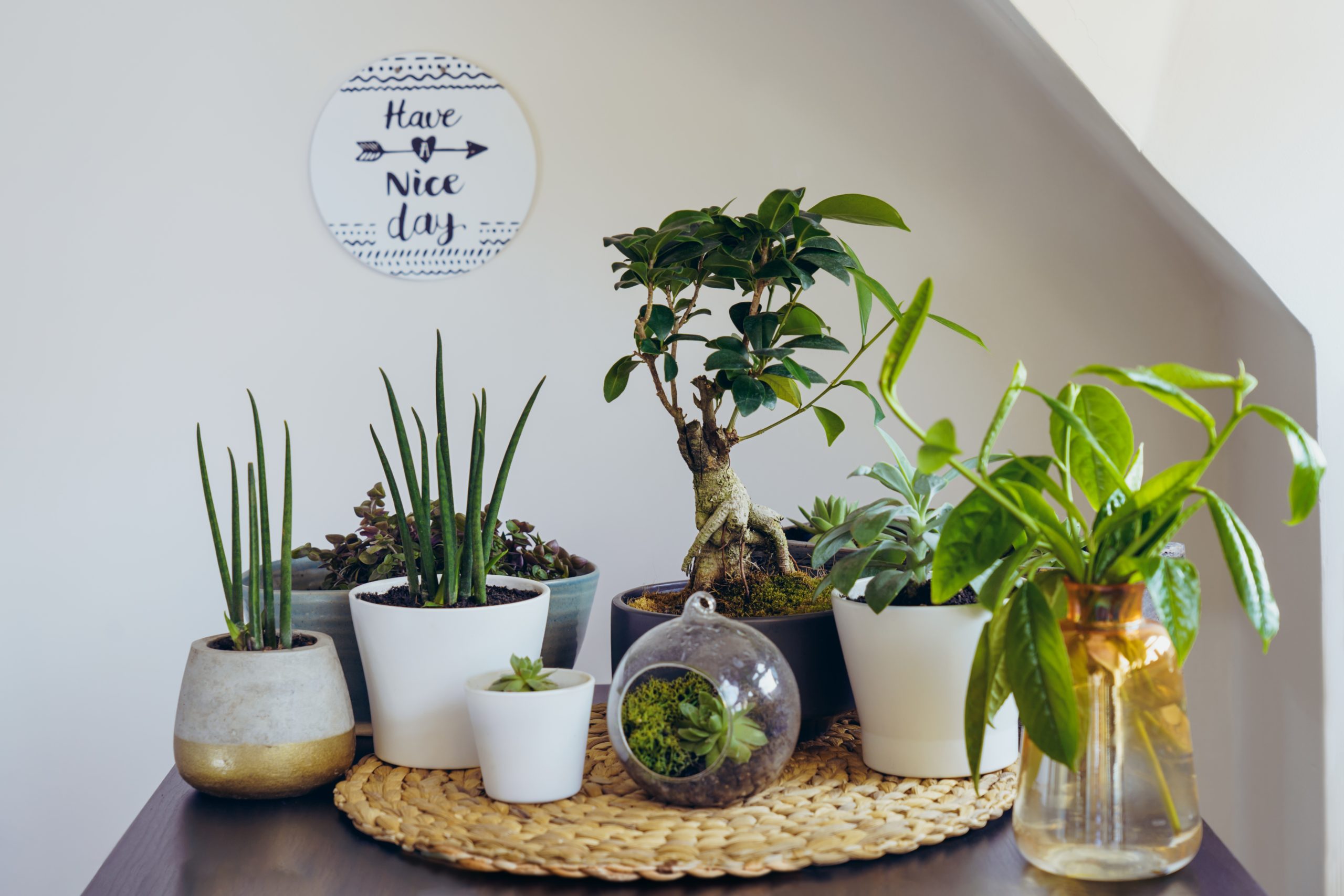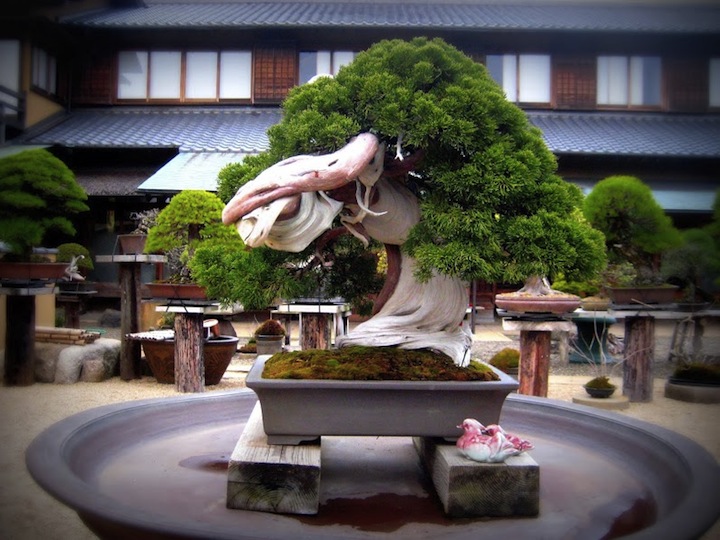What is the best indoor bonsai tree for beginners outdoorbonsai
Table of Contents
Table of Contents
Bonsai trees are a beautiful and unique addition to any indoor space. These miniature trees have been cultivated for centuries and are often associated with peace and tranquility. But, finding the best trees for bonsai indoors can be a daunting task, especially for beginners. In this article, we will explore the best trees for bonsai indoors, their care requirements, and how to choose the right one for your space.
Pain Points
One of the biggest pain points when it comes to indoor bonsai trees is finding one that can thrive in low light conditions. Many indoor spaces, especially apartments and offices, have limited natural light, which can make it difficult to keep a bonsai tree healthy. In addition, many people don’t have the time or knowledge to properly care for a bonsai tree, and end up with a dying or unhealthy tree.
Best Trees for Bonsai Indoors
The best trees for bonsai indoors are those that are able to thrive in low light conditions and that don’t require a lot of maintenance. Some of the best trees for bonsai indoors include the Ficus, Jade, Chinese Elm, and Juniper. These trees are known for their ability to adapt to indoor environments and their hardy nature.
Summary of Best Trees for Bonsai Indoors
In this article, we have discussed the best trees for bonsai indoors and their care requirements. The Ficus, Jade, Chinese Elm, and Juniper are some of the best trees for bonsai indoors, as they are able to thrive in low light conditions and require minimal maintenance. When choosing an indoor bonsai tree, it is important to consider the space you have available, the amount of natural light in the room, and your own level of experience with bonsai trees.
Jade Bonsai Trees
Jade bonsai trees are one of the best trees for bonsai indoors, as they are very resilient and require very little care. I personally have a Jade bonsai tree in my living room and it has thrived for several years with minimal attention. One of the benefits of Jade bonsai trees is that they can grow in low light conditions, making them perfect for indoor spaces with limited natural light. In addition, they require infrequent watering and can adapt to a wide range of temperatures.
 Juniper Bonsai Trees
Juniper Bonsai Trees
Juniper bonsai trees are another great option for indoor spaces. These trees are known for their beautiful, year-round foliage and their ability to grow in a wide range of conditions. I have had a Juniper bonsai tree in my office for several years, and it has thrived despite the low light conditions and lack of natural humidity. In addition, these trees require very little maintenance and can be grown in a variety of shapes and styles.
 ### Choosing the Right Tree
### Choosing the Right Tree
Choosing the right tree for your indoor space is essential to the health and longevity of your bonsai tree. When selecting a bonsai tree, it is important to consider the amount of natural light in the room, as well as the temperature and humidity levels. In addition, you should consider the size and shape of the tree, as well as your own level of experience with bonsai trees.
Caring for Your Indoor Bonsai Tree
Caring for your indoor bonsai tree is essential to its health and longevity. Some tips for caring for your indoor bonsai tree include keeping the soil moist but not water-logged, providing adequate drainage, and using the right type of soil. In addition, you should regularly prune and shape your bonsai tree to maintain its shape and health.
Question and Answer
Q: Can I keep my bonsai tree in a very low light environment?
A: Yes, some bonsai trees, like the Ficus and Jade, can grow in low light conditions. However, it is important to note that all bonsai trees require some natural light in order to photosynthesize and stay healthy.
Q: Can I grow an indoor bonsai tree from seeds?
A: Yes, it is possible to grow an indoor bonsai tree from seeds. However, this can be a time-consuming and difficult process, and it is often easier to purchase a pre-grown bonsai tree.
Q: How often do I need to water my indoor bonsai tree?
A: The frequency of watering will depend on the type of bonsai tree you have and the specific conditions of your indoor space. In general, most indoor bonsai trees require watering every 2-3 days.
Q: Can I prune my bonsai tree year-round?
A: Yes, you can prune your bonsai tree year-round, but it is best to do so during the growing season (spring and summer) when the tree is actively growing and can recover more quickly from pruning.
Conclusion of Best Trees for Bonsai Indoors
Indoor bonsai trees are a beautiful and unique addition to any indoor space. The best trees for bonsai indoors are those that can thrive in low light conditions and require minimal maintenance, like the Ficus, Jade, Chinese Elm, and Juniper. When choosing an indoor bonsai tree, it is essential to consider the amount of natural light in the room, as well as the temperature and humidity levels. With the right care and attention, your indoor bonsai tree can bring beauty and tranquility to your home or office for years to come.
Gallery
What Is The Best Indoor Bonsai Tree For Beginners? #OutdoorBonsai | Indoor Bonsai Tree, Indoor

Photo Credit by: bing.com / bonsai diygods
Best Bonsai Trees For Indoors In Indian | Home And Garden Designs

Photo Credit by: bing.com / bonsai indoors trees indian jessica jun
22 Best Trees For Bonsai | Best Bonsai Plants | Balcony Garden Web
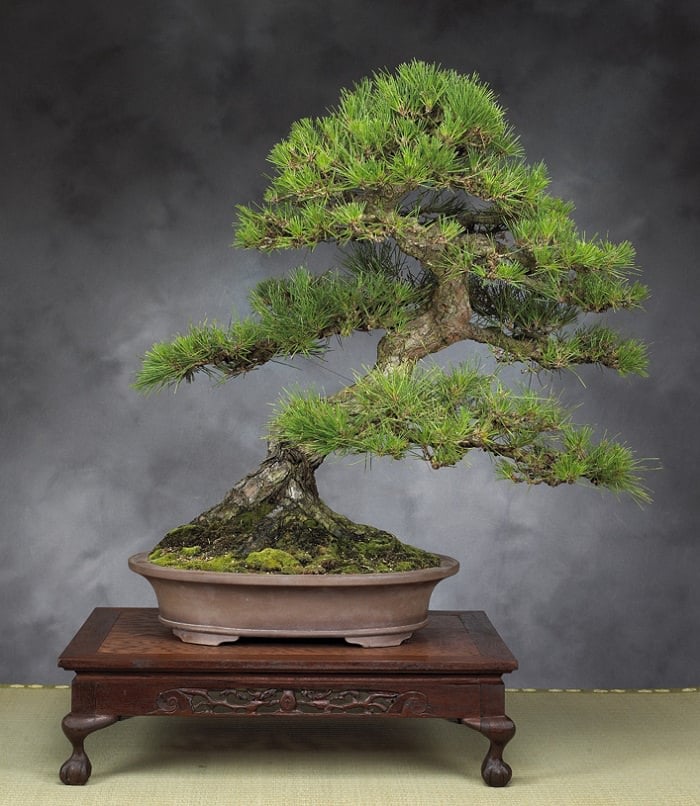
Photo Credit by: bing.com / bonsai pine plants trees tree japanese seeds cypress beginners types pines balconygardenweb species indoor choose board
Best Bonsai Trees For Indoors - Decor IdeasDecor Ideas
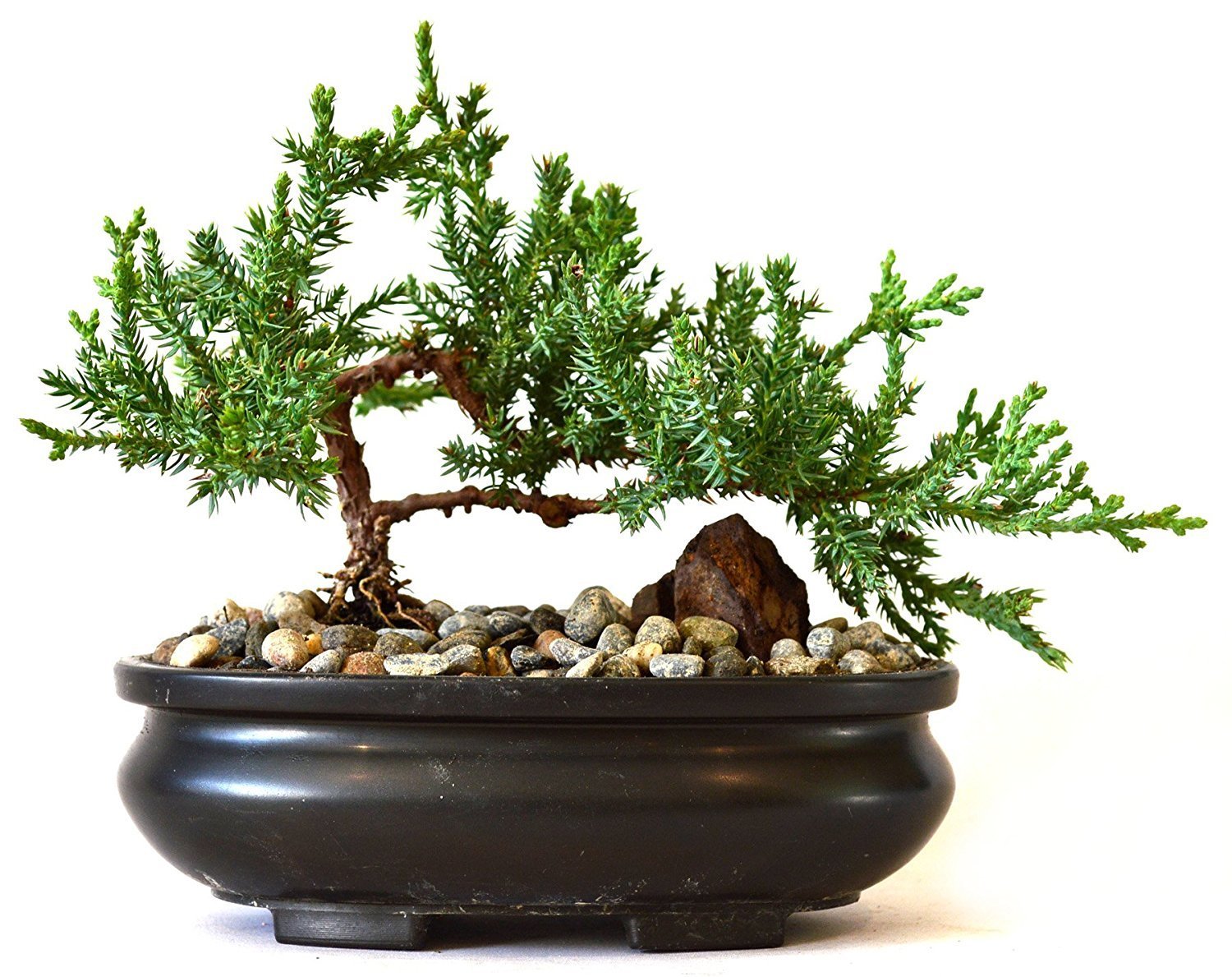
Photo Credit by: bing.com / bonsai trees tree indoors juniper pot garden 9greenbox indoor care plant chinese zen different elm gifts gift decor guide cage
Amazing #IndoorBonsai | Bonsai Tree, Indoor Bonsai, Juniper Bonsai

Photo Credit by: bing.com / bonsai juniper pflanzen bonzai karate japanisch beginners jita servic indoors japanesekoigardens bonsaigurus ikebana

